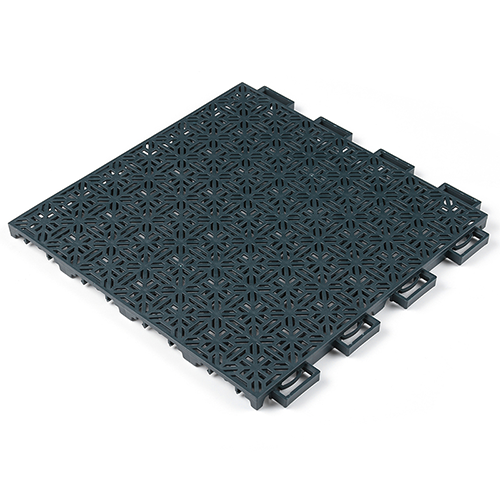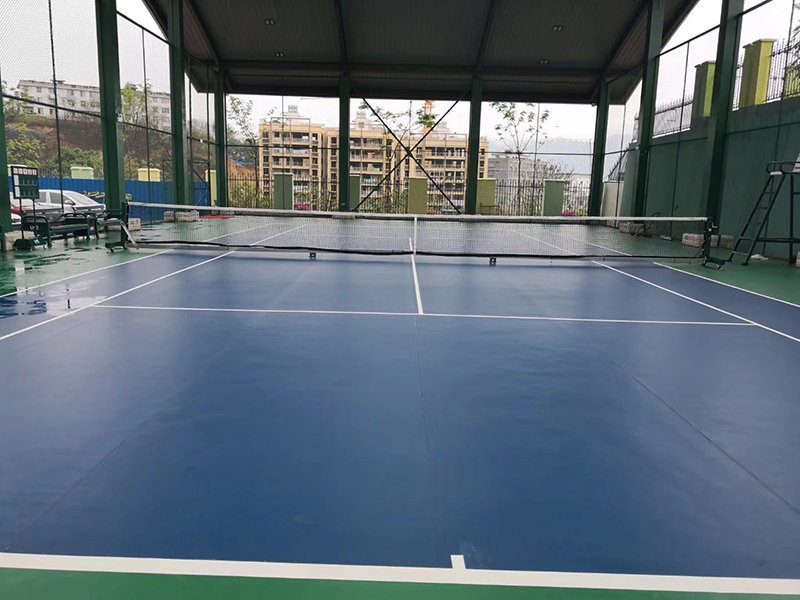2 月 . 15, 2025 20:08 Back to list
commercial cork flooring
Choosing flooring for residential or commercial spaces often involves a strategic analysis of aesthetics, durability, and sustainability. Recently, commercial cork flooring has emerged as a popular choice among business owners and interior designers alike. Its unique qualities cater to the demand for both functionality and environmental responsibility. As we delve into the merits of commercial cork flooring, we explore the attributes that make it an unrivaled option in modern design and construction.
The aesthetic versatility of cork flooring is increasingly appreciated in the commercial sector. Available in a plethora of colors, patterns, and finishes, cork flooring can complement diverse design styles, from contemporary minimalism to classic elegance. Its adaptability allows designers and architects to incorporate cork seamlessly into various design schemes, offering a unique and attractive flooring solution. Additionally, cork possesses natural antimicrobial properties. Its resistance to mold and mildew makes it suitable for places requiring stringent hygiene standards, like healthcare facilities and restaurants. Its hypoallergenic nature also contributes to improved indoor air quality, promoting a healthier environment for staff and visitors. Concerns regarding the maintenance of cork flooring are often unfounded. With proper sealing, cork floors are resistant to stains and spills, making them easy to clean with routine sweeping and mopping. Advanced sealants enhance the surface’s resistance to moisture and dents, further prolonging its lifespan in commercial applications. The decision to invest in commercial cork flooring is supported by its contribution to LEED (Leadership in Energy and Environmental Design) credits, which recognize environmentally responsible building practices. Installing cork flooring can aid businesses in achieving certification, reflecting a commitment to sustainability that resonates with eco-conscious clients and stakeholders. While the upfront cost of cork flooring may be higher than some alternatives, its long-term value in terms of durability, energy savings, and reduced maintenance expenses offers substantial returns on investment. Its synthesis of resilience, comfort, and environmental responsibility makes commercial cork flooring a leading candidate for those seeking an all-encompassing flooring solution. In summary, commercial cork flooring represents a convergence of innovative design, practical benefits, and environmental stewardship. Its multifaceted advantages enhance not only the functionality and aesthetic of commercial spaces but also reinforce their commitment to sustainable development. As the commercial sector increasingly values these attributes, cork emerges as a flooring option that truly stands the test of time, supporting both present-day demands and future sustainability goals.


The aesthetic versatility of cork flooring is increasingly appreciated in the commercial sector. Available in a plethora of colors, patterns, and finishes, cork flooring can complement diverse design styles, from contemporary minimalism to classic elegance. Its adaptability allows designers and architects to incorporate cork seamlessly into various design schemes, offering a unique and attractive flooring solution. Additionally, cork possesses natural antimicrobial properties. Its resistance to mold and mildew makes it suitable for places requiring stringent hygiene standards, like healthcare facilities and restaurants. Its hypoallergenic nature also contributes to improved indoor air quality, promoting a healthier environment for staff and visitors. Concerns regarding the maintenance of cork flooring are often unfounded. With proper sealing, cork floors are resistant to stains and spills, making them easy to clean with routine sweeping and mopping. Advanced sealants enhance the surface’s resistance to moisture and dents, further prolonging its lifespan in commercial applications. The decision to invest in commercial cork flooring is supported by its contribution to LEED (Leadership in Energy and Environmental Design) credits, which recognize environmentally responsible building practices. Installing cork flooring can aid businesses in achieving certification, reflecting a commitment to sustainability that resonates with eco-conscious clients and stakeholders. While the upfront cost of cork flooring may be higher than some alternatives, its long-term value in terms of durability, energy savings, and reduced maintenance expenses offers substantial returns on investment. Its synthesis of resilience, comfort, and environmental responsibility makes commercial cork flooring a leading candidate for those seeking an all-encompassing flooring solution. In summary, commercial cork flooring represents a convergence of innovative design, practical benefits, and environmental stewardship. Its multifaceted advantages enhance not only the functionality and aesthetic of commercial spaces but also reinforce their commitment to sustainable development. As the commercial sector increasingly values these attributes, cork emerges as a flooring option that truly stands the test of time, supporting both present-day demands and future sustainability goals.
Share:
Latest news
-
Custom Pickleball Court Solutions Convert Tennis & Indoor Builds
NewsMay.30,2025
-
Outdoor Pickleball Court Costs Build & Install Pricing Guide
NewsMay.30,2025
-
Premium Pickleball Sports Courts Custom Design & Installation
NewsMay.30,2025
-
Indoor Pickleball Courts Tennis Court Conversion & Custom Builds Tempe
NewsMay.29,2025
-
Professional Pickleball Court Installation & Tennis Court Conversions
NewsMay.29,2025
-
Grey Synthetic surface-rubber prefabricated track
NewsMar.07,2025

